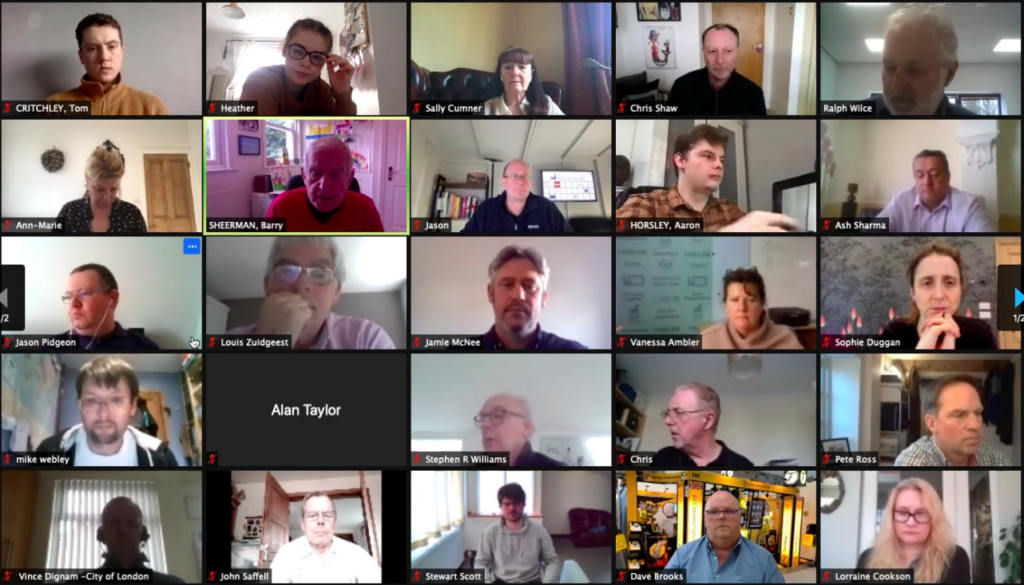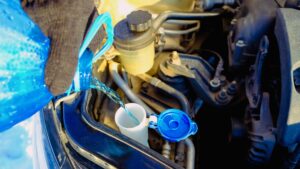The Commission launched the first working party meeting of the year with a discussion on the Netherland’s approach to testing diesel particulate filters (DPFs) during MOT tests, considering the hidden but profound effect of DPFs on UK air pollution levels.
Air Monitoring chairman Ralph Wilce, founder of Wijs-Air, oversaw the first WCRAQ meeting of the year on 18 February. He was accompanied by guest Speaker, Louis Zuidgeest, Policy Officer at the Dutch Ministry of Infrastructure and Water Management, who presented on the Dutch government’s implementation of a new improved particulate number (PN) test method and the consequential MOT particle counter test for the functionality of DPFs, which will be effective from July 2022.
Wilce shared the eye-opening statistic with attendees that one single idling car with a faulty DPF emits the equivalent particulate matter of 360 miles of traffic across a three-lane motorway with cars that have functioning DPFs.
‘In the Netherlands, the particle test is carried out by measuring the number of soot particles in the exhaust of diesel cars. The test is done at low idle and can be performed under all engine conditions. The rejection standard for the test is 1,000,000 particles in cm3. With this lenient standard, the test specifically focuses on deleted and completely defective DPFs,’ Zuidgeest explained.
Zuidgeest further discussed the implementation of new MOT emission tests for DPFs, the roadmap from awareness to implementation, how to monitor the effectiveness of the new test, the future of MOT vehicle emission testing, and the control of emissions from non-road mobile machinery.
However, Zuidgeest reiterated the long timeline that eventually led to implementing the legislation for the DPF particle test in MOTs: spanning from 2021 when TNO commenced research, to the introduction of a new test at the point of MOT being introduced in July 2022.
The presentation provoked many interesting questions from attendees, including John Saffell from Alphasense, who asked to how many nanometres the test looks in terms of particulate matter?
Zuidgeest answered that whilst it is not officially type approved, it is estimated to detect ultrafines between 23 to 55 nm. Wilce elaborated that the upcoming Euro 7 engine will quickly demand technology to move down towards 23 nm and lower.
Dr. Sophie Duggan, of AirSafe London, went onto ask whether there were any plans to measure in-cab air pollution. Wilce responded that there are plans to look into the effect of malfunctioning DPFs on vehicles that follow gross polluters. For example, Nick Molden from Emission Analytics is investigating particle in cabin testing, comparing vehicles and effectivity.
The Westminster Commission for Road Air Quality calls for the UK Government to implement similar legislation to the Netherlands and Germany as a quick win to reduce road traffic emissions and safeguard the public health of our communities against air pollution.
If you are interested in being a part of informing UK air pollution policy, contact us today at [email protected].




